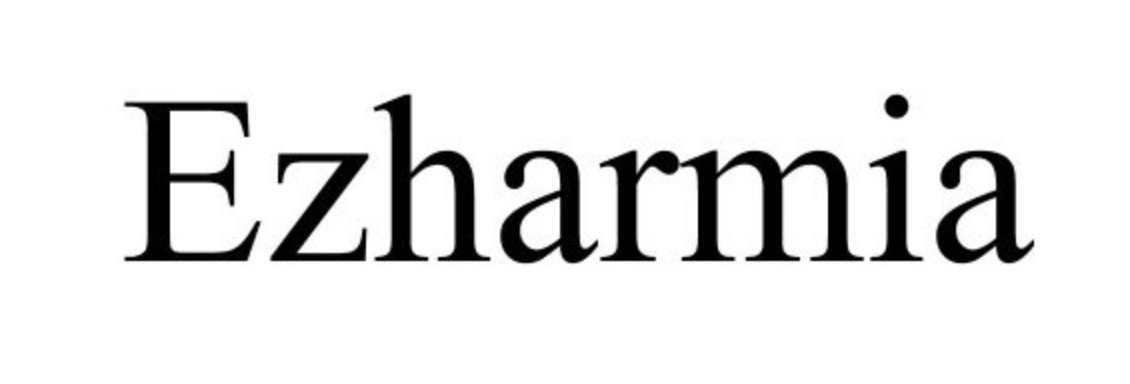Keytruda (pembrolizumab) vs Ezharmia (valemetostat tosilate)
Keytruda (pembrolizumab) vs Ezharmia (valemetostat tosilate)
Keytruda (pembrolizumab) is an immune checkpoint inhibitor that works by blocking the PD-1 pathway, thereby enhancing the body's immune response against cancer cells, and is widely used for various types of cancers including melanoma, lung cancer, and head and neck cancer. Ezharmia (valemetostat tosilate), on the other hand, is an epigenetic regulator that inhibits the EZH1 and EZH2 enzymes, which are involved in gene expression, and is used in the treatment of certain hematological malignancies. When deciding between the two, it is crucial to consider the specific type of cancer, the molecular characteristics of the tumor, the patient's overall health, and the treatment goals, as each medication has a distinct mechanism of action and spectrum of approved indications.
Difference between Keytruda and Ezharmia
| Metric | Keytruda (pembrolizumab) | Ezharmia (valemetostat tosilate) |
|---|---|---|
| Generic name | Pembrolizumab | Valemetostat tosilate |
| Indications | Various types of cancers including melanoma, lung cancer, head and neck cancer, Hodgkin lymphoma, and others | Currently under investigation for the treatment of hematological malignancies and solid tumors |
| Mechanism of action | Programmed death receptor-1 (PD-1) blocking antibody | Dual inhibitor of enhancer of zeste homolog 2 (EZH2) and enhancer of zeste homolog 1 (EZH1) |
| Brand names | Keytruda | Ezharmia |
| Administrative route | Injection (IV) | Oral |
| Side effects | Fatigue, musculoskeletal pain, decreased appetite, pruritus, diarrhea, nausea, rash, pyrexia, cough, dyspnea, constipation, pain in extremity, and headache | Not fully characterized; clinical trials are ongoing |
| Contraindications | None known; should be used with caution in patients with a history of severe immune-mediated adverse reactions | Not fully characterized; currently being evaluated in clinical trials |
| Drug class | Anti-PD-1 monoclonal antibody | Small molecule EZH1/2 dual inhibitor |
| Manufacturer | Merck & Co. | Daiichi Sankyo |
Efficacy
Keytruda (Pembrolizumab) Efficacy in Lymphoma
Keytruda, known generically as pembrolizumab, is an immune checkpoint inhibitor that has shown efficacy in the treatment of various types of cancer, including lymphoma. Specifically, it has been evaluated for its effectiveness in treating Hodgkin lymphoma and primary mediastinal large B-cell lymphoma (PMBCL), a type of non-Hodgkin lymphoma. Pembrolizumab works by blocking the PD-1 pathway, which some cancer cells exploit to evade detection by the immune system. By inhibiting this pathway, Keytruda helps the immune system to detect and fight cancer cells.
In clinical trials, pembrolizumab has demonstrated significant efficacy in patients with relapsed or refractory classical Hodgkin lymphoma. The response rates in these studies have been encouraging, with a considerable proportion of patients achieving partial or complete remission. Additionally, Keytruda has been granted accelerated approval by the FDA for the treatment of adult and pediatric patients with refractory classical Hodgkin lymphoma, or those who have relapsed after three or more prior lines of therapy.
Ezharmia (Valemetostat Tosilate) Efficacy in Lymphoma
Ezharmia, with the active ingredient valemetostat tosilate, is a novel epigenetic regulator that has shown potential in the treatment of lymphoma. Valemetostat tosilate is a dual inhibitor of EZH1 and EZH2, which are components of the polycomb repressive complex 2 (PRC2) that play a role in chromatin remodeling and gene expression. By inhibiting these enzymes, Ezharmia can interfere with the epigenetic mechanisms that contribute to the growth and survival of cancer cells, including those in certain types of lymphoma.
While Ezharmia is relatively new and still under investigation, early clinical trials have suggested its efficacy in treating adult patients with relapsed or refractory T-cell lymphoma. The drug has demonstrated an ability to induce responses in a subset of patients, which has led to continued interest and ongoing studies to further evaluate its therapeutic potential and define its role in the treatment of lymphoma. As with any new treatment, further research is required to fully understand the efficacy and safety profile of Ezharmia in larger and more diverse patient populations.
Regulatory Agency Approvals
Keytruda
-
European Medical Agency (EMA), European Union

-
Food and Drug Administration (FDA), USA

-
Health Canada

-
Therapeutic Goods Administration (TGA), Australia

-
Medsafe (NZ)

Ezharmia
-
Pharmaceuticals and Medical Devices Agency (PMDA), Japan

Access Keytruda or Ezharmia today
If Keytruda or Ezharmia are not approved or available in your country (e.g. due to supply issues), you can access them via Everyone.org.
How it works

Make an enquiry
Choose the medicine you want to buy, answer a couple of questions, and upload your prescription to speed things up. We’ll get back to you within 24 hours.


Make an enquiry
Choose the medicine you want to buy, answer a couple of questions, and upload your prescription to speed things up. We’ll get back to you within 24 hours.


Breeze through the paperwork
We'll guide you through the required documents for importing unapproved medicine, ensuring you have all the necessary information.


Get a personalized quote
We’ll prepare a quote for you, including medicine costs and any shipping, administrative, or import fees that may apply.


Receive your medicine
Accept the quote and we’ll handle the rest - sourcing and safely delivering your medicine.

Some text on this page has been automatically generated. Speak to your physician before you start a new treatment or medication.
Let's talk
If you have any questions, call us or send us a message through WhatsApp or email:
Contact us




